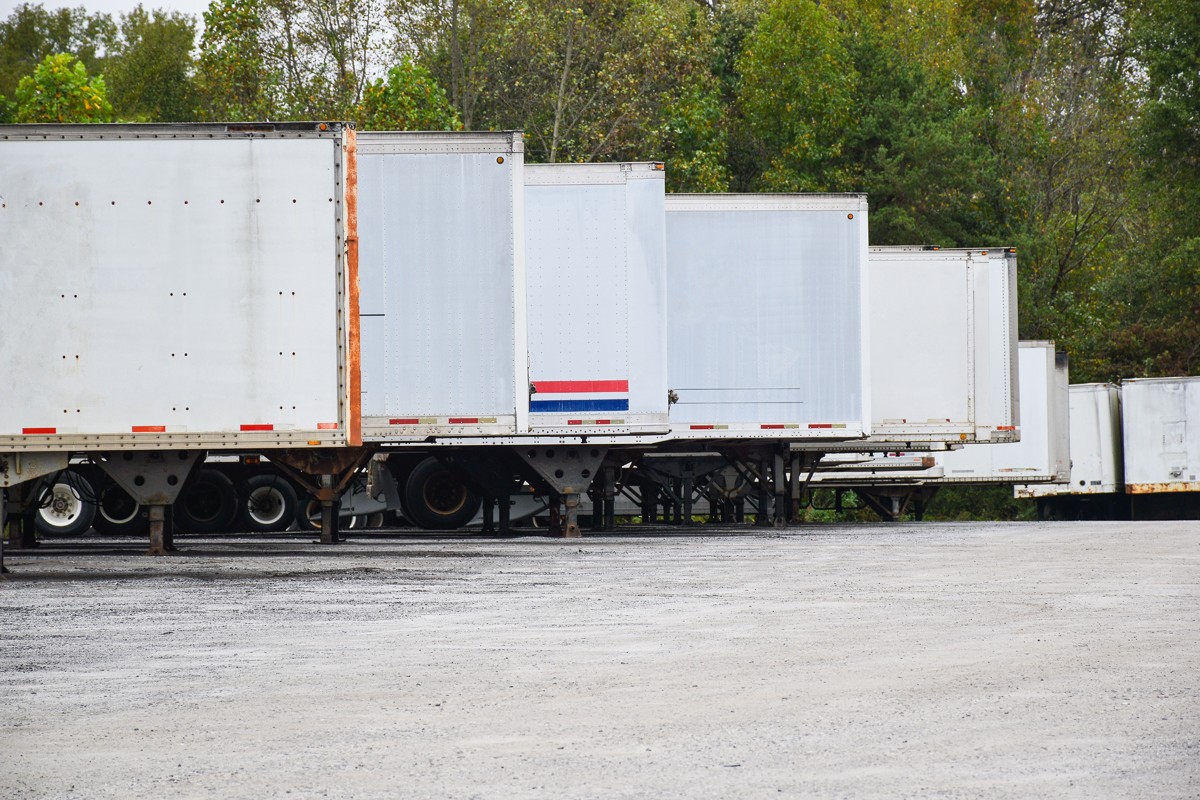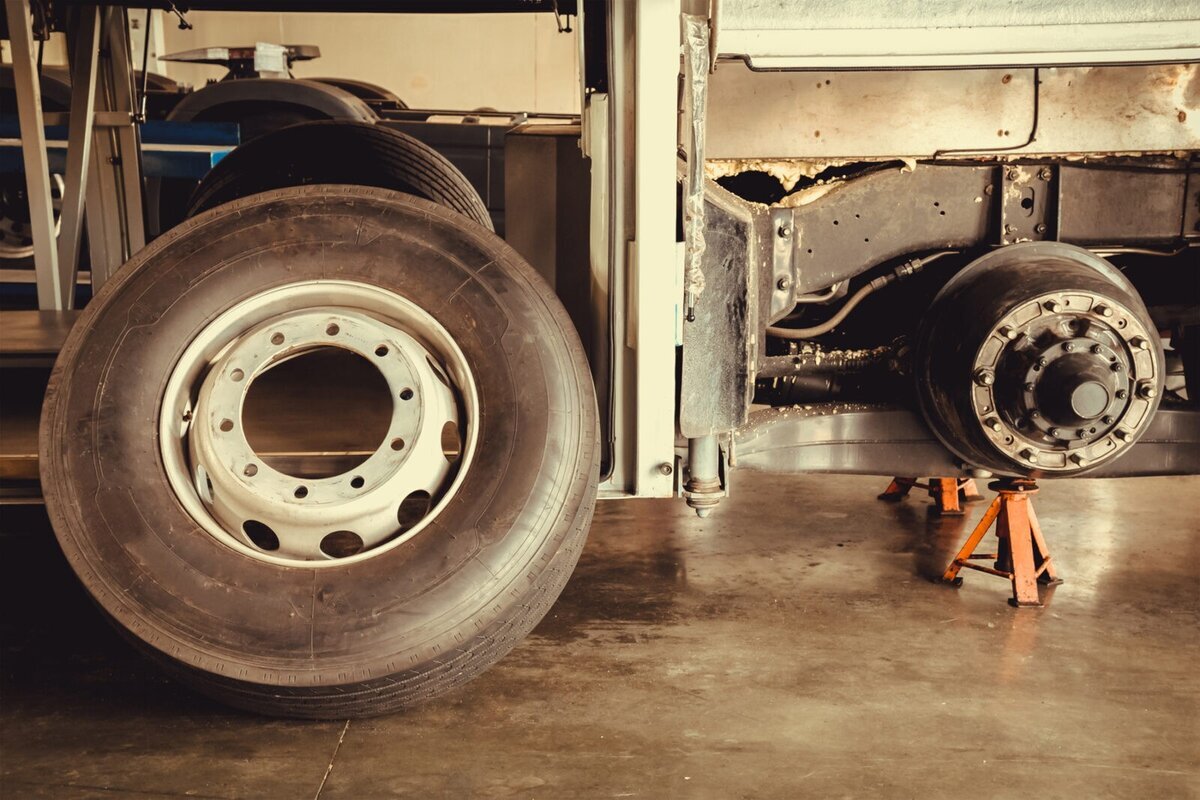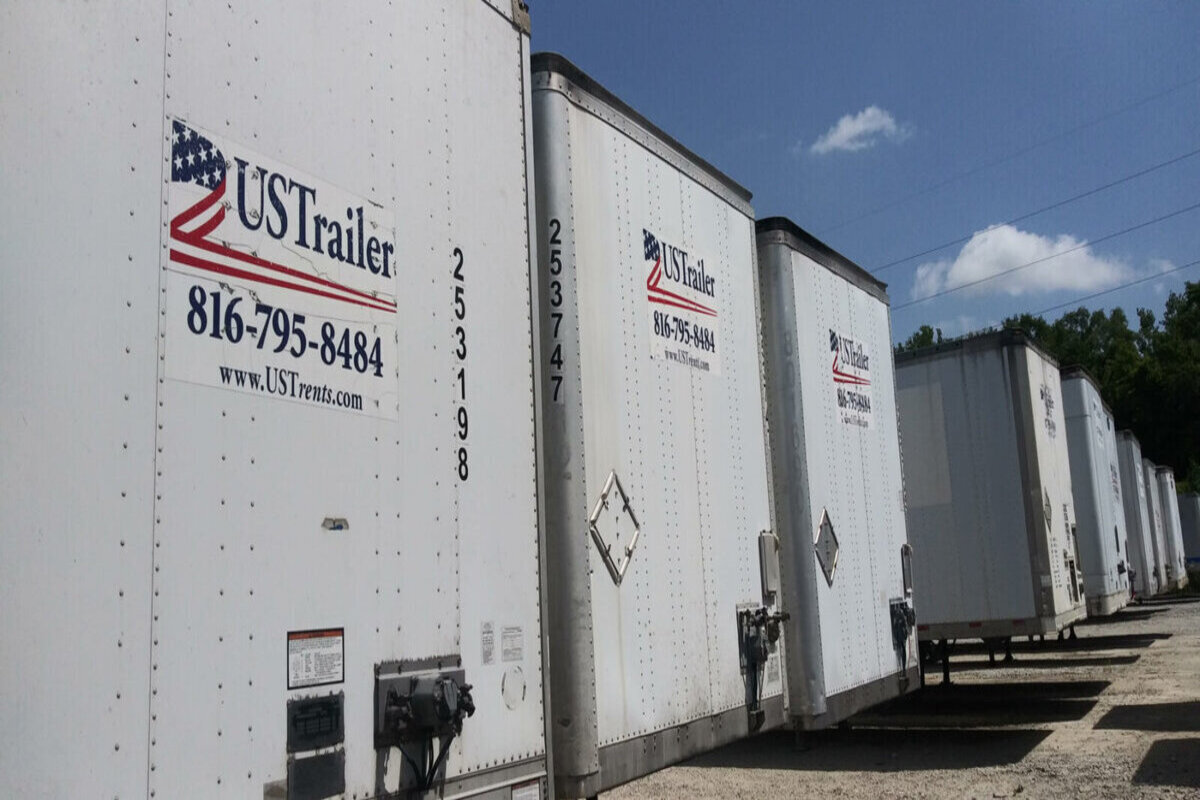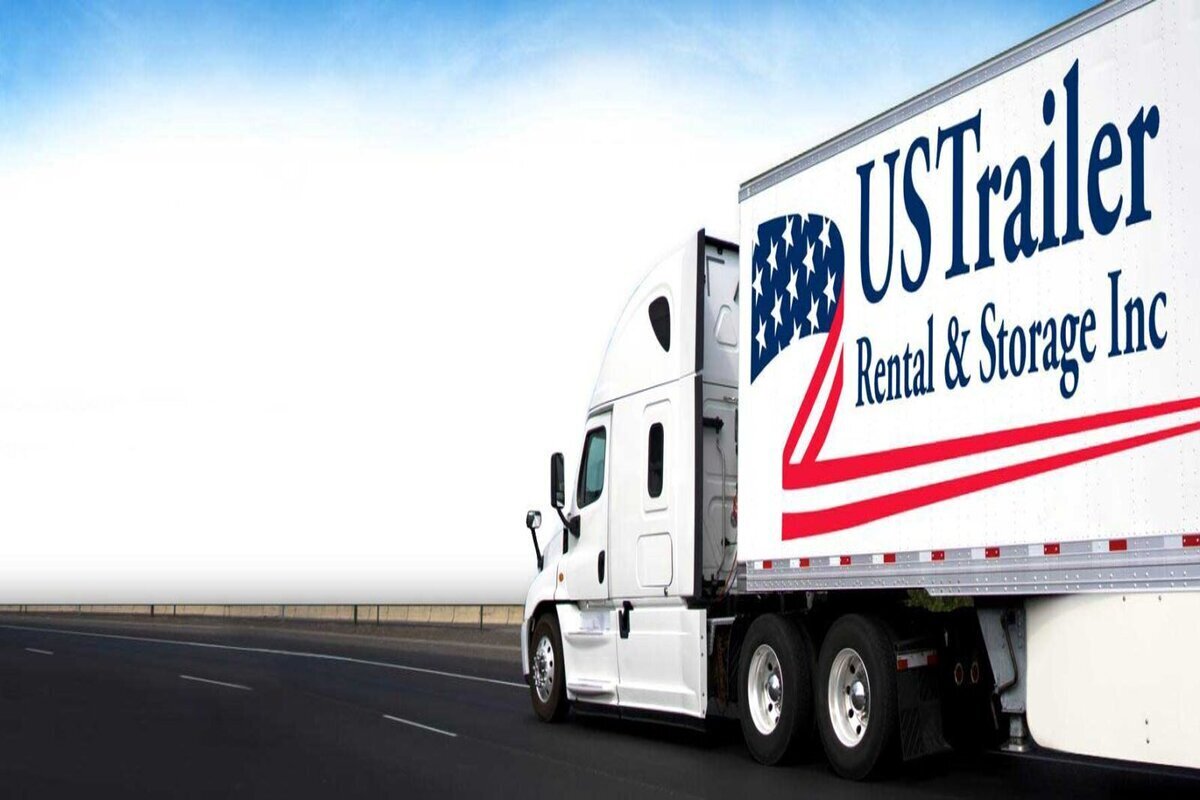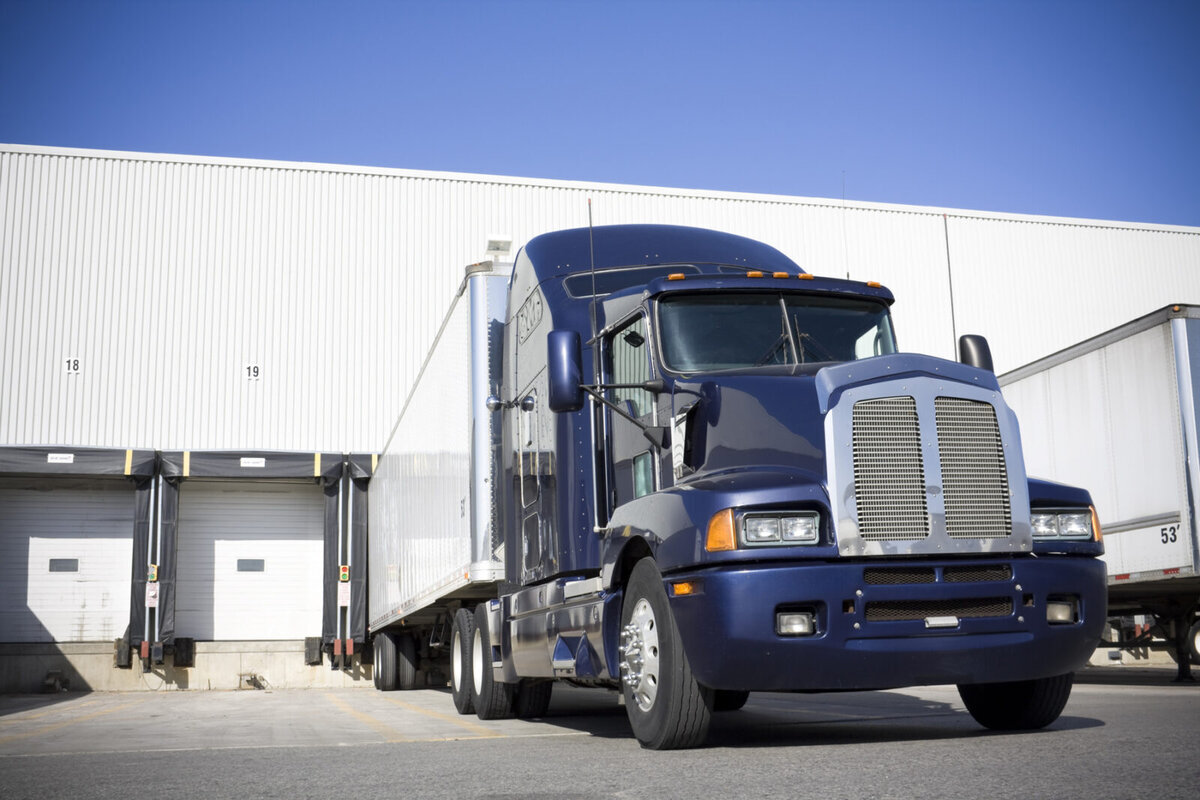Transportation in the modern age requires a multitude of options to cater to varying cargo needs. When it comes to transporting temperature-sensitive goods, refrigerated trailers – often known as ‘reefers’ – are the go-to choice for many businesses. However, like any solution, refrigerated trailers come with their own pros and cons. In this guide, we’ll dissect the nuances of using these trailers to shed light on when and why they might be the right choice for your transport needs.
What is a Refrigerated Trailer?
At their core, refrigerated trailers are designed to transport goods that require specific temperature settings, from perishable food items to certain pharmaceuticals. Equipped with a refrigeration unit, these trailers can maintain temperatures from below freezing up to cool room temperatures, ensuring the cargo remains in optimal condition throughout the journey.
Pros of Using Refrigerated Trailers
Temperature Precision
The primary benefit of using reefers is their ability to maintain specific temperatures consistently. This is crucial for goods that could spoil, degrade, or become unsafe if exposed to temperature fluctuations.
Versatility in Cargo
Reefers can handle a wide variety of products. Whether it’s frozen seafood, fresh produce, or temperature-sensitive medications, the trailer can be adjusted to meet the specific needs of the cargo.
Protection from External Elements
Aside from temperature, these trailers protect goods from external factors such as humidity, heat, and cold. This dual protection ensures products arrive in the best possible condition.
Growing Demand and Resale Value
With increasing awareness about the importance of proper food storage and transport, the demand for refrigerated trailers is on the rise. This has also positively impacted their resale value.
Cons of Using Refrigerated Trailers
Operational Costs
Reefers are more expensive to operate than traditional dry trailers. The refrigeration unit requires fuel, regular maintenance, and potential repairs, all of which can add up over time.
Limited Space
Due to the refrigeration unit and insulation, the internal space available in a reefer is slightly less than that in a dry trailer of the same external dimensions.
Specialized Knowledge Required
Operating a refrigerated trailer requires a deeper understanding of the refrigeration unit, temperature settings, and potential issues that can arise. This can mean additional training for drivers or hiring specialized personnel.
Environmental Concerns
The refrigeration units, while efficient, still emit greenhouse gases. Furthermore, the need for continuous operation means they consume more fuel than their non-refrigerated counterparts.
Refrigerated Trailers vs. Dry Van and Flatbed Trailers
Dry Trailers
Ideal for non-perishable items, dry trailers are the standard in freight transport. While they protect against external elements like rain or dust, they don’t offer temperature or humidity control.
Flatbed Trailers
Flatbed trailers, with their open design, are ideal for transporting various large items, especially for industries like construction and heavy machinery. However, their lack of protection from the elements means selecting appropriate cargo is crucial.
Conclusion: Pros and Cons of Refrigerated Trailers
When considering temperature-sensitive cargo transport, it’s essential to weigh the benefits against the challenges. Refrigerated trailers offer unparalleled temperature control and protection, making them an obvious choice for many sectors.
However, potential users should be prepared for higher operational costs and the need for specialized knowledge. If you have any questions, don’t hesitate to contact us. Our experts are always ready to answer any questions you may have.

